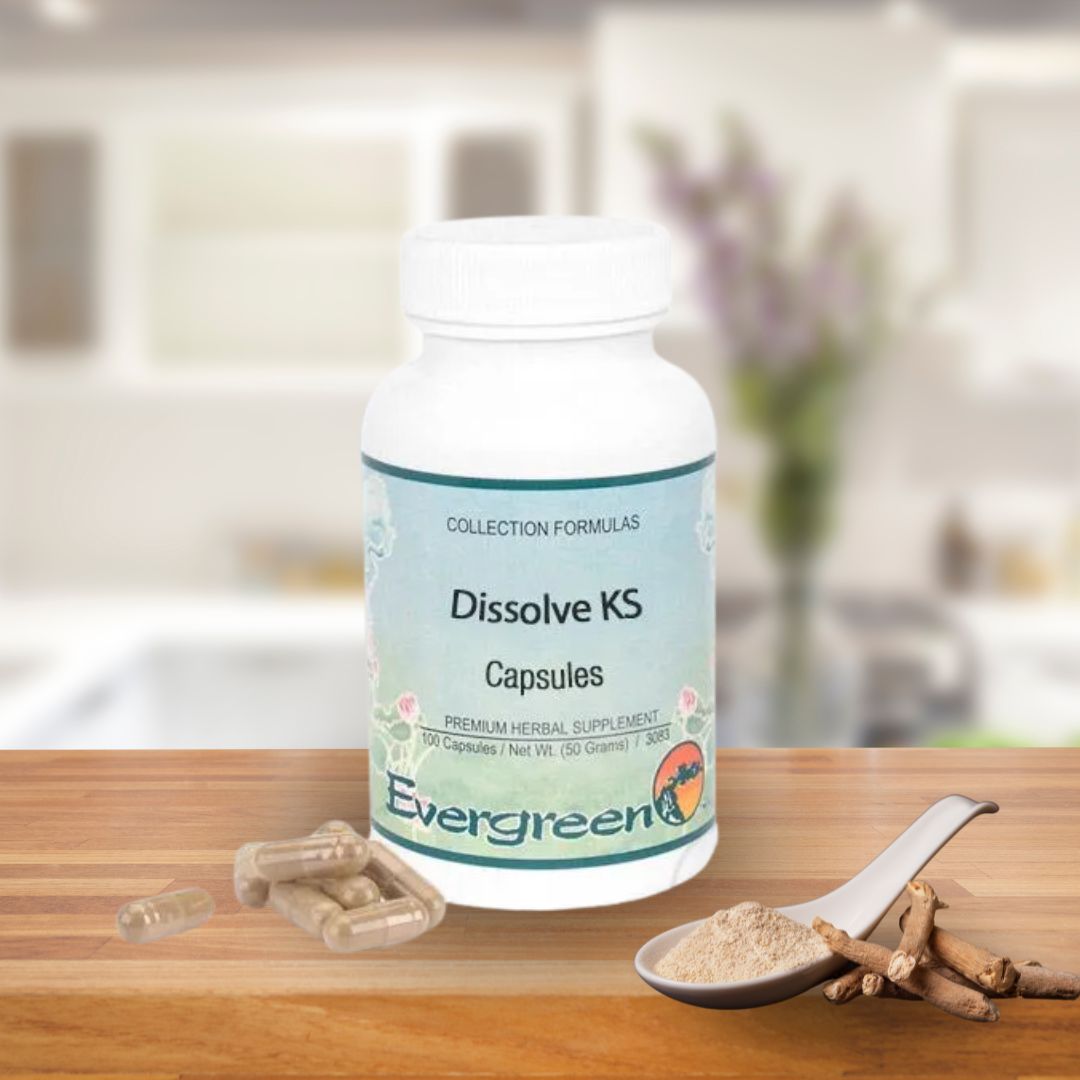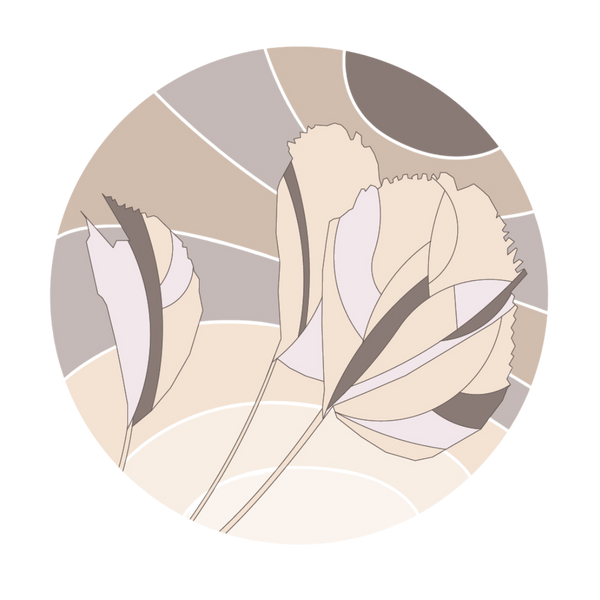1
/
of
1
ORGANIC QI
Dissolve Kidney Stones (KS)
Dissolve Kidney Stones (KS)
Regular price
$37.80 USD
Regular price
Sale price
$37.80 USD
Unit price
/
per
Couldn't load pickup availability
Clinical Applications
Clinical Applications
- Nephrolithiasis (kidney stones);
- Urolithiasis (bladder stones);
- Painful urination with difficulty initiating or maintaining a good urinary stream; sudden stopping or blockage of urination with passage of a stone(s); lower abdominal pain;
- Renal colic characterized by excruciating, one-sided, intermittent pain in the flank area that spreads across the abdomen and to the genital area and inner thigh
Actions
Actions
- Dissolves and drains stones;
- Diuretic effect to promote urination and passage of stones;
- Analgesic and anti-inflammatory effects to relieve pain from blockage of tubes and ducts
Cautions and Contra-Indications
Cautions and Contra-Indications
- This formula is not suitable for stones that are too big to be passed. Surgical intervention may be the treatment of choice for acute pain associated with stones greater than 2.5 cm in diameter.
- Patients with kidney infection or acute pain from the kidney stone should seek medical help immediately.
- During pregnancy and nursing.
Nutrition and Lifestyle Instructions
Nutrition and Lifestyle Instructions
- Patients with calcium stones should refrain from eating foods containing high amounts of oxalates, such as rhubarb, spinach (especially in combination with calcium-rich foods), nuts, cocoa, tea, and pepper. These foods contribute to calcium stone formation in the body.
- Patients with uric acid stones should refrain from foods that increase the level of uric acid in the urine, such as meat, poultry, pork, liver, beef, sardines, meat broth, clams, crabs, peas, various beans, cauliflower, coffee and tea.
- Patients who are prone to forming kidney stones should drink eight to ten glasses of water a day. Chronic dehydration increases the risk of stone formation.
- Potassium citrate makes the urine more alkaline, and helps to flush out uric acid. Fruits and vegetables should be increased, while protein, eggs, and milk should be reduced in the diet.
- Vitamin A is essential to prevent formation and deposit of stones in the kidneys. Increase the consumption of foods high in vitamin A, such as carrots, yams, apricots, peaches, and mango.
- Patients should drink plenty of water throughout the day to help flush out the stones.
- Patients should urinate whenever necessary (or more frequently than usual, if they do not feel strong urges to urinate), and not hold their urine.
- Sitz-baths may be helpful if there is shooting pain in the kidney and bladder areas with fever and chills. However, if the condition is not alleviated, the patient should seek medical help immediately to rule out kidney infection.
Dosage
Dosage
Take 3 to 4 capsules three times daily on an empty stomach, with two glasses of warm water. Dosage may be increased up to 6 to 8 capsules three times daily, when necessary. Patients should continue to take these herbs until the stones are dissolved or passed out in the urine. For maintenance purposes, herbs can be taken at 1 to 2 capsules a day for six months to prevent the formation of new stones.
Ingredients
Ingredients
- Fructus Toosendan;
- Poria;
- Spora Lygodii;
- Herba Lysimachiae;
- Folium Pyrrosiae;
- Radix et Rhizoma Clematidis;
- Rhizoma Corydalis;
- Rhizoma Alismatis;
- Fructus Aurantii;
- Polyporus
Share


